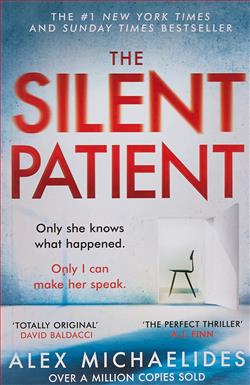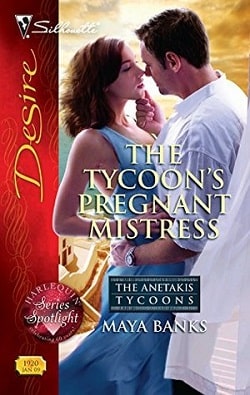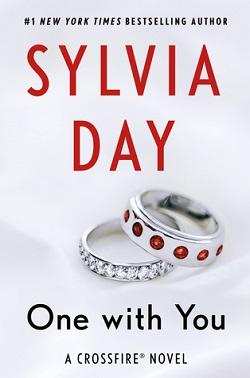“I have trouble trusting men.” Unable to resist, she added sarcastically, “I wonder why that would be the case.”
He didn’t have the grace to even look ashamed. If he could do what he’d done—he probably wasn’t. That was the thingthat set him apart, what put him in an entirely different class of people. “So... you’re planning to go through life alone?”
She’d had relationships here and there and one broken engagement back in her drug days. She was certainly glad she hadn’t married Dean. Last she’d heard, he was still using. “Not exactly. I’m just hoping to fix what’s wrong with me first.”
“How are you going to do that?”
“I’ve had some counseling. Maybe I’ll continue.”
He chuckled without mirth. “Waste of time.”
“Maybe for you. I feel like it’s helped me—to a point.”
“Then I’m glad to hear it. Whatever works, right? Do you have any kids?”
“No.”
“That’s unfortunate. You always wanted a family.”
“It’s not too late.”
He didn’t say it, but it was probably getting close. “Where are you living these days?”
“Vegas.”
He rocked back. “Why Vegas?”
“I’m a professional poker player.”
He blinked several times. “You work for one of the casinos?”
“No, I play in one,” she clarified. “That’s how I make my living.” She could’ve lied and invented something else. She often did, simply because people assumed she must be a reprobate—in the Calvinistic sense—to make her living in such a fashion. Just the mention of poker conjured up dated images of late nights and smoky rooms filled with intoxicated, bleary-eyed players willing to risk their last penny, even though their children depended on the money. But professional players had to be patient, sharp and clearheaded or they wouldn’t be able to make a living for long.
Her father’s scraggly eyebrows slid toward his hairline. “No kidding. You win a lot?”
“Of money? Sometimes.” Because she was a woman, andyounger, the other players tended to underestimate her. Or they got distracted coming on to her. She loved nothing more than to sit at a table full of older men who believed themselves to be better players than she was. That almost always worked in her favor. “There are also the endorsement deals, which can add up.”
“You must bereallygood if you have a sponsor.”
“I hold my own.”
“I remember teaching you the game,” her father said. “At least I left you with one skill.”
He’d taught her a lot of things. The parents of her friends had thought it a bit odd that she was introducing poker to her playmates in the fifth grade. Her upbringing certainly wasn’t conventional. But her father had always taken care of her and done what he could, considering his own background. He’d grown up in the foster care system and hadn’t kept in contact with the many families he’d lived with. He’d struggled with depression and with no extended family to rely on, they’d rambled around, which meant he hadn’t been the best provider. She’d been embarrassed and a little ashamed to have friends over, especially that last year as the richest summer boy started to show some interest in her.
But she remembered many times when her father had put her needs before his own. That engendered loyalty—and trust, which was why she’d never seen what was coming, and why she’d been torn in two ever since DNA evidence had connected him to the deaths of the old couple who’d lived in their trailer park. A separate jury had convicted him of a third murder involving a girl her age—someone she’d also known; someone who’d once been a friend—but on far less reliable evidence.
“You weren’t a bad father,” she admitted, which had to be the greatest irony in the world. She still couldn’t understand how a man could be two such opposite things. But he’d never hurther. If hewasgoing to kill someone, she would’ve thought he’d go after her mother. From what he’d said over the years,Billie had given him a million reasons to hate her. Her mother had let them both down in so many ways.
His forehead creased, and he shifted on the stool as if he didn’t know how to take the compliment. These days, he had to be far more accustomed to being reviled. Maybe he’d shut off all his emotions and what she’d said made him more uncomfortable than if she’d told him the opposite. “I thought...” He cleared his throat. “I thought I’d seen the last of you.”
“You told me never to contact you,” she reminded him.
“I thought that was what would be best for you—best for both of us. So... what brings you here? Must be important for you to have come so far.”
A million questions swirled in her mind. But she knew he couldn’t answer the ones that tortured her most. She’d already asked him why he’d done what he’d done—during the trial when her belief in his protestations of innocence began to crumble. He’d simply hung his head and said he couldn’t remember doing it.
“You told me something fifteen years ago,” she said, “something that’s bothered me ever since.”















